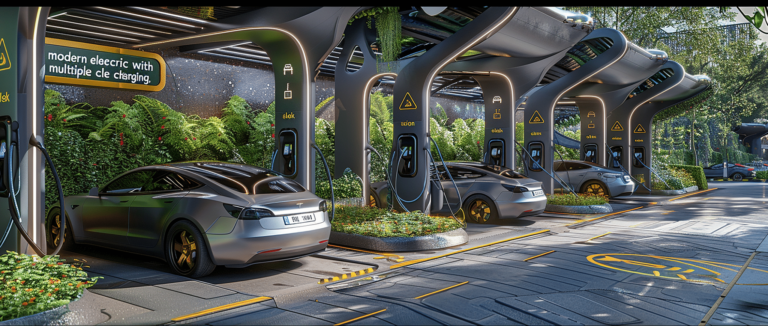After establishing dominance in Africa’s smartphone market, Chinese tech powerhouse Transsion is steering into new territory—electric mobility. Best known for household names like Tecno, Infinix, and Itel, the Shenzhen-based firm is now making waves with its TankVolt electric bikes and tricycles across five African nations.
Launched in Uganda in 2023, TankVolt has since expanded into Nigeria, Kenya, Tanzania, and Ethiopia, quickly rising to become one of the top three EV brands by volume on the continent. Its rapid ascent is powered by a strategy familiar from its phone playbook: deep local knowledge, affordable pricing, and strategic partnerships.
“Our bikes and tricycles lead the market in quality and affordability,” said Daniel Nyakora, Transsion’s Nigerian business lead. “We also partner with financial institutions to provide flexible payment plans.”
TankVolt’s appeal lies in its integrated approach. Manufactured in Shenzhen and sold at a competitive $1,500, the vehicles are offered with swappable or built-in batteries. Transsion has also introduced battery-as-a-service, allowing fleet operators and charging stations to lease batteries for a monthly fee—already active in Tanzania, with Uganda next in line.
To scale its reach, Transsion collaborates with financiers like M-Kopa, Mogo Finance, and Watu Credit, alongside logistics firms and fleet operators. In Nigeria, it’s forging ties with companies like Max, Gigmile, and Swap Station Mobility, the latter praising TankVolt’s technical strengths, after-sales support, and local parts availability.
The Nigerian government’s interest further cements Transsion’s foothold. Several states have adopted or announced electric fleet plans, and Niger state ordered 5,000 TankVolt units in 2023. With public sector uptake seen as a gateway to broader acceptance, Transsion is actively engaging provincial governments.
However, competitors like Spiro, Ampersand, Roam, and Dodai pose serious challenges. Spiro leads in infrastructure and government partnerships, while Ampersand and Dodai have strong regional roots. Transsion’s next major test is building a battery-swapping network—a vital step for mass adoption.
Industry experts recognize Transsion’s strengths—vertical integration and rapid scalability—but question whether success in consumer electronics can seamlessly transfer to transport.
“Selling smartphones is different from building a mobility ecosystem,” said Kayode Adeyinka, co-founder of Gigmile. “They need local partnerships, regulatory agility, and infrastructure to really scale.”
Nonetheless, Transsion’s end-to-end control over its EV production gives it a pricing edge most competitors can’t match. Its entry into e-mobility could reshape Africa’s transportation future—if it can adapt its business acumen to the demands of a fast-evolving sector.
As electric two- and three-wheelers reshape Africa’s roads, Transsion isn’t just competing—it’s looking to define the future of transport on the continent, much like it did with mobile phones.

